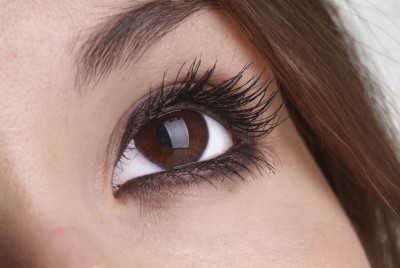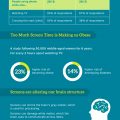Some people are born blind or partially-sighted, but often, loss of sight is linked to other health problems. Here are some health conditions which may result in partial or complete loss of sight:
Cataracts
Cataracts are one of the most common causes of lost sight. They form over the lens and cause the vision to become very cloudy and blurred. Cataracts can often be treated very effectively with surgery, but in severe cases, it may not be possible to save the sight. Cataracts tend to develop slowly and at first, the changes may be very gradual and hard to spot; this is why regular eye tests are so important.
Glaucoma
Glaucoma is a disease, which usually results from increased pressure in the eye. It is the most common cause of irreversible blindness in the developed world and it is often not diagnosed until an advanced stage, due to the fact that it sometimes doesn’t cause symptoms in the early stages. Glaucoma can affect anyone, but there are certain risk factors including age (the risk increase as you get older), family history, diabetes and previous eye injuries. Black people ad those with African or Caribbean ancestry also have a higher risk of glaucoma.
 Diabetes
Diabetes
Diabetes occurs when the body is unable to control blood sugar levels. Usually, a hormone called insulin is released to regulate blood glucose levels but in people who have diabetes there is insufficient insulin or the insulin doesn’t work properly. One of the complications of diabetes is an increased risk of eye conditions and if these are left untreated, blindness can occur. Diabetes increases the risk of damage to the retina as a result of blood sugar levels that are too high. Anyone who has diabetes is advised to have regular eye tests.
Macular degeneration
Macular degeneration is often linked to ageing. It doesn’t cause any pain, but it does result in a gradual loss of vision; rarely, loss of sight can be rapid. Common symptoms include lack of sharpness in sight and colours appearing faded and less vivid than usual. Many people often notice that their sight is deteriorating when the letters in a book or magazine become blurred or they struggle to read things clearly.
Stroke
Strokes can have very damaging consequences for many of the senses, as well as movement and mobility and awareness. Strokes occur when there is a blockage or disruption, which prevents oxygen from reaching the brain; they can cause mild or very severe damage to the brain and many people struggle with their speech, eye sight and mobility following a stroke. If the stroke damages the right side of the brain, visual problems are very common, as the stroke may have affected the visual pathways in the brain. This can result in central loss of vision as well as a reduced field of vision.
Trachoma
Trachoma is an infectious bacterial eye disease, which is responsible for around 3 per cent of global cases of blindness; it tends to affect people in the developing world and is most commonly diagnosed in Africa. If you live in the UK, you are only at risk of developing trachoma if you travel to poorer, developing countries to work or for leisure purposes. Primary infections tend to affect young children, but adults can experience repeat infections and symptoms include pus and discharge from the eyes, irritation, pain, itchy eyes, increased sensitivity to light and blurred vision. Treatment for trachoma is usually very effective, but as it is so contagious, many people experience recurrences of the infection.
Eye health is important; you can find a UK optician here.



 (6 votes, average: 3.83 out of 5)
(6 votes, average: 3.83 out of 5)









